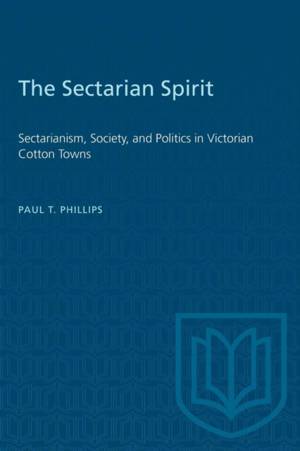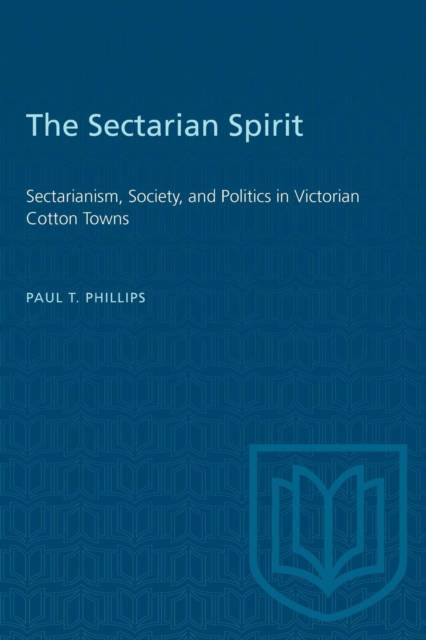
- Afhalen na 1 uur in een winkel met voorraad
- Gratis thuislevering in België vanaf € 30
- Ruim aanbod met 7 miljoen producten
- Afhalen na 1 uur in een winkel met voorraad
- Gratis thuislevering in België vanaf € 30
- Ruim aanbod met 7 miljoen producten
Omschrijving
This comparative study deals with the important social phenomenon of sectarianism in four medium-sized cotton towns of northwest England -- Bolton, Preston, Stockport, and Blackburn -- between 1832 and 1870.
Professor Phillips examines the social role of sectarian animosity in a period of rapid economic expansion and population growth. Placing this conflict within the dense mosaic of religious, social, and economic factors he delineates sectarianism's crucial role in politics and class strife. He also assesses the activities of Churchmen (Anglicans), Nonconformists, Roman Catholics, and members of the new sects.
The author relates his findings to the operations of sectarianism in other parts of the country and takes into account some of the most recent work in urban, religious, social, and political history. This volume has important implications for the understanding not only of cotton towns, but of Victorian society, religion, and politics as a whole.
Specificaties
Betrokkenen
- Auteur(s):
- Uitgeverij:
Inhoud
- Aantal bladzijden:
- 222
- Taal:
- Engels
- Reeks:
Eigenschappen
- Productcode (EAN):
- 9781487580711
- Verschijningsdatum:
- 15/12/1982
- Uitvoering:
- Paperback
- Formaat:
- Trade paperback (VS)
- Afmetingen:
- 156 mm x 234 mm
- Gewicht:
- 344 g

Alleen bij Standaard Boekhandel
Beoordelingen
We publiceren alleen reviews die voldoen aan de voorwaarden voor reviews. Bekijk onze voorwaarden voor reviews.











